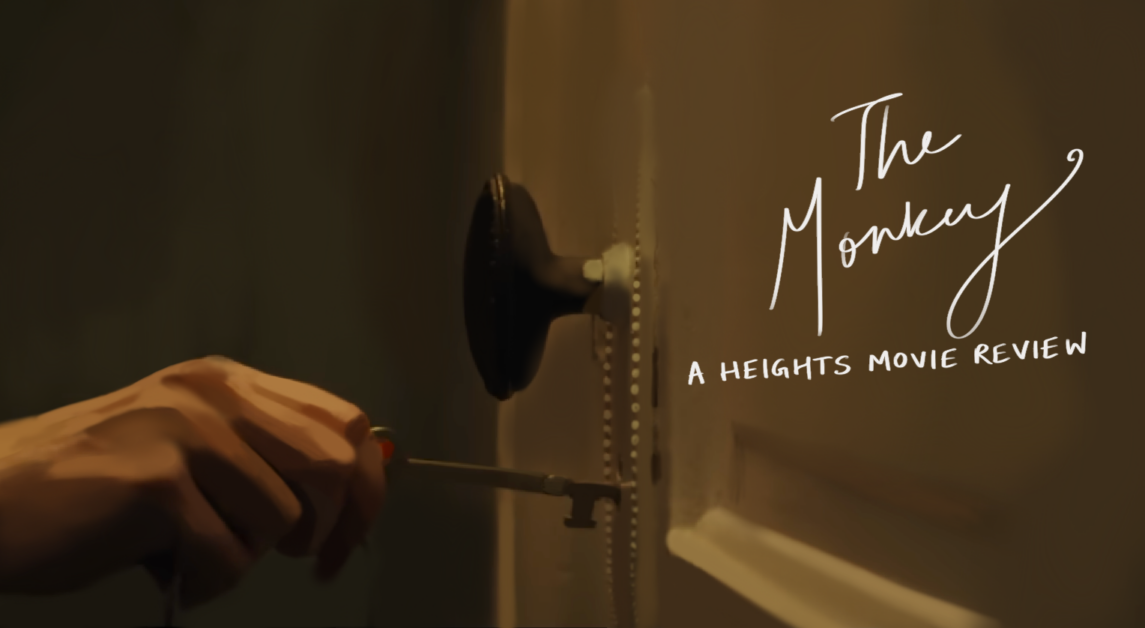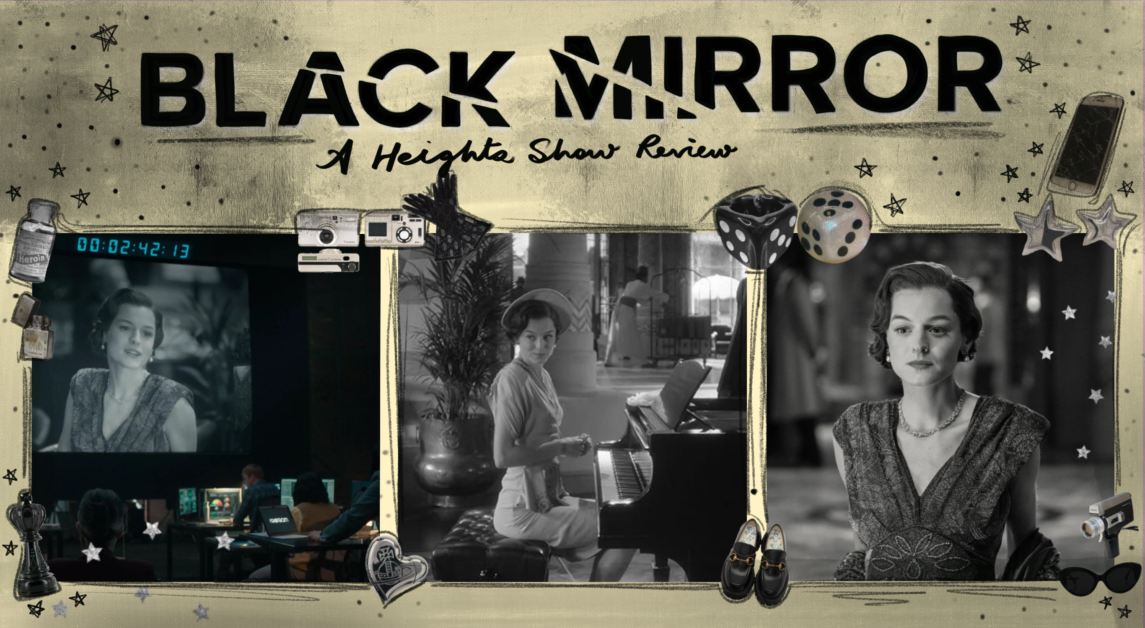
The world around us is not exactly what it seems to be. Our perception is clouded by habit, custom, culture and personal proclivities. Often times, we do this subconsciously, missing the details that enrich life and give it color. For Reynolds Woodcock, played by Daniel Day-Lewis, the beauty is vividly apparent in the dresses he designs—the problem is that he struggles to see past the threads of his work. The world he lives in must never err in its predictability.
Phantom Thread follows the disingenuous romantic relationship between Woodcock, a prominent English tailor, and Alma (Vicky Krieps), a diner waitress who is swept into Woodcock’s coattails and shown the lucrative world of high fashion. From the outset, there’s a clear tension between them that grows only more intense as they sink deeper into the allure of elite British culture. At first, Alma is drawn into the glamorous world of Woodcock. She slowly realizes, however, that the lifestyle is altogether not her own. She walks barefoot while visiting Woodcock’s home, noisily spreads butter on her toast in the mornings, and prefers to cook with butter instead of oil—all tendencies that Woodcock vociferously disapproves of.
Paul Thomas Anderson, who wrote and directed Phantom Thread, weaves this theme of Alma’s romantic self-deception into various shots in the movie. Woodcock is often seen leading Alma through cobblestone streets, dragging her along in his wholly materialistic world. In some sense, Woodcock’s rigidity is symptomatic of his job. Strict deadlines for dress procurements, time-intensive meetings with customers, and the loneliness of living in a house far too big for just him serve as immutable anxieties. Woodcock is married to his work, leaving little space for spontaneity and improvisation. He lives in an entirely static world, devoid of the very color that Alma, ironically, is desperately searching for as she wades in the waters of carefree youthfulness. Undoubtedly, Woodcock is a man of impeccable care and precision, but he simply cannot see beyond the fabric at the goodness that lies within people.
Benefitting from the Academy Award-worthy performances of Day-Lewis and Krieps, Phantom Thread is a movie replete with narrative detail. The plot line doesn’t crowd out the commentary that Anderson appears to return to time and time again in this movie: to what extent are one’s attempts to exact control over his life futile? Woodcock moves through life as if it were a game of chess, moving pieces, be they people or commitments, strategically and logically into place. At the same time, Alma is torn between disconnecting from Woodcock altogether or trying to reform him. Ultimately, they are both perfectly imperfect. The only difference is that Alma is courageous enough to put it on full display.
The film reveals a great deal about the relationships we choose to engage in, and about how we often see the world through clouded lenses. For Woodcock and Alma, the choice is between work and love. Alma gives up her job as a waitress in search of a love previously unbeknownst to her in her modest countryside life. Yet, that sacrifice would dismantle the constancy that Woodcock has sought to build. Perhaps the most salient admission that Paul Thomas Anderson wishes to make through Phantom Thread is somewhere nestled within the stitching of our human experience. We miss that which is hidden in plain sight.
Featured Image by Focus Features



















